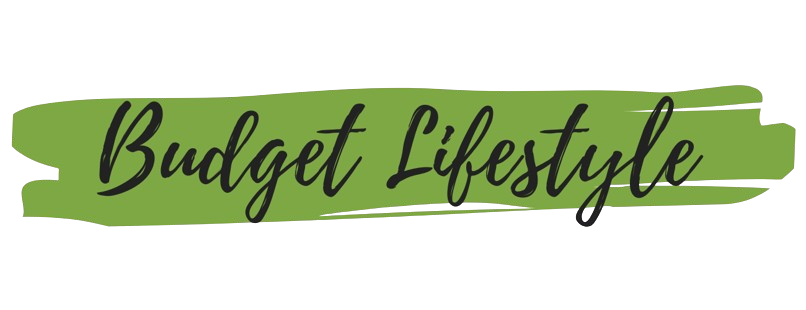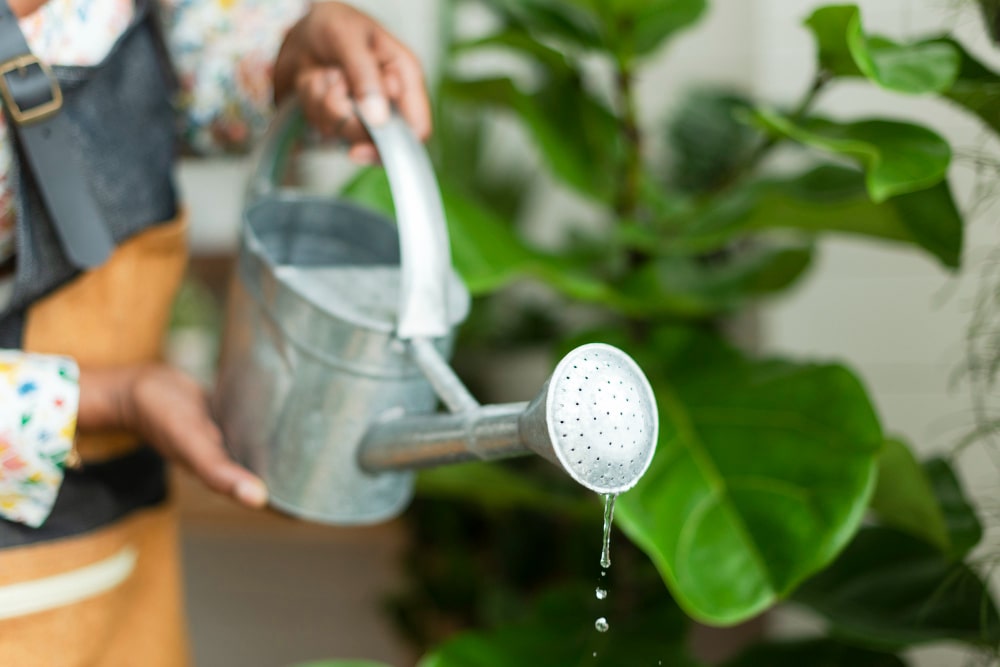Introduction to Water Conservation Gardening
Water is one of the most vital resources for sustaining plant life, yet excessive water usage in home gardens contributes to waste and increased costs. Water conservation gardening is a sustainable approach that focuses on using water efficiently while maintaining a thriving, beautiful garden. By adopting techniques such as xeriscaping, mulching, and efficient irrigation, gardeners can reduce their environmental impact and lower water bills without compromising plant health.
Many regions face water shortages due to climate change and population growth, making conservation practices more important than ever. Traditional gardening methods often rely on excessive watering, which can lead to soil degradation, runoff, and wasted resources. By shifting to sustainable gardening practices, individuals can create landscapes that are both water-efficient and resilient.
One of the most effective strategies is selecting drought-resistant plants, which require minimal irrigation once established. These plants adapt to dry conditions and thrive with less water, making them ideal for conservation-focused gardening. Additionally, employing mulching techniques helps retain soil moisture, reduces evaporation, and minimizes the need for frequent watering.
Efficient irrigation methods, such as drip irrigation and rainwater harvesting, further enhance water conservation efforts. These techniques ensure that water is delivered directly to the root zone, reducing waste and maximizing plant absorption.
By implementing water-saving strategies, gardeners can contribute to a more sustainable environment while enjoying a lush and productive garden. The following sections explore key techniques to effectively conserve water in gardening.
Related Source: U.S. Environmental Protection Agency – Water Conservation
Techniques for Effective Water Conservation
Choosing Drought-Resistant Plants
Selecting drought-resistant plants is one of the most impactful ways to reduce water consumption in gardening. These plants are adapted to survive with minimal watering, making them ideal for areas with limited rainfall or dry climates.
Native plants are particularly beneficial because they have evolved to thrive in local conditions, requiring less maintenance and irrigation. Popular drought-resistant options include lavender, sage, yarrow, and ornamental grasses. Succulents and cacti are also excellent choices for xeriscaping, a landscaping method designed for water conservation.
Grouping plants with similar water needs together, a technique known as hydrozoning, helps optimize irrigation and prevents overwatering. By designing a garden around water-efficient plant selections, gardeners can significantly reduce their reliance on supplemental watering.
Efficient Irrigation Methods
Using efficient irrigation methods is essential for minimizing water waste while ensuring plants receive adequate hydration. Traditional overhead sprinklers often lead to evaporation and runoff, wasting a significant portion of the water applied. Instead, targeted watering techniques improve efficiency and promote healthier plant growth.
Drip irrigation is one of the most effective methods for water conservation. This system delivers water directly to the plant’s root zone through a network of tubes, reducing evaporation and preventing excess moisture on foliage, which can lead to fungal diseases. Soaker hoses work similarly by slowly releasing water along their length, allowing for deep soil penetration.
Another valuable approach is rainwater harvesting, which involves collecting and storing rainwater for later use in irrigation. Installing rain barrels beneath gutter downspouts enables gardeners to utilize natural rainfall, reducing dependency on municipal water supplies.
Timing also plays a critical role in irrigation efficiency. Watering early in the morning or late in the evening helps minimize evaporation, ensuring that plants absorb the maximum amount of moisture.
By incorporating water-efficient irrigation techniques, gardeners can significantly cut down on water usage while maintaining a thriving and productive landscape.
The Benefits of Water Conservation Gardening
Adopting water conservation gardening practices offers numerous benefits beyond reducing water consumption. One of the most significant advantages is cost savings, as less water usage translates to lower utility bills. Over time, sustainable gardening techniques can lead to substantial financial savings while also reducing reliance on municipal water sources.
Environmental benefits are another key factor. Conserving water helps protect natural ecosystems, reduces strain on local water supplies, and prevents soil erosion. By implementing xeriscaping and mulching techniques, gardeners contribute to healthier landscapes that require fewer artificial inputs.
Soil health also improves with water-conscious gardening methods. Mulching enhances moisture retention, prevents nutrient loss, and promotes the growth of beneficial microorganisms. Additionally, plants adapted to low-water environments develop stronger root systems, making them more resilient to drought conditions.
Beyond practical benefits, water conservation gardening supports biodiversity by creating a habitat for pollinators such as bees and butterflies. Many drought-tolerant plants attract beneficial insects, contributing to a balanced and thriving ecosystem.
By making simple yet effective adjustments, gardeners can enjoy a sustainable, low-maintenance, and cost-effective garden while playing a role in preserving water resources for future generations.

